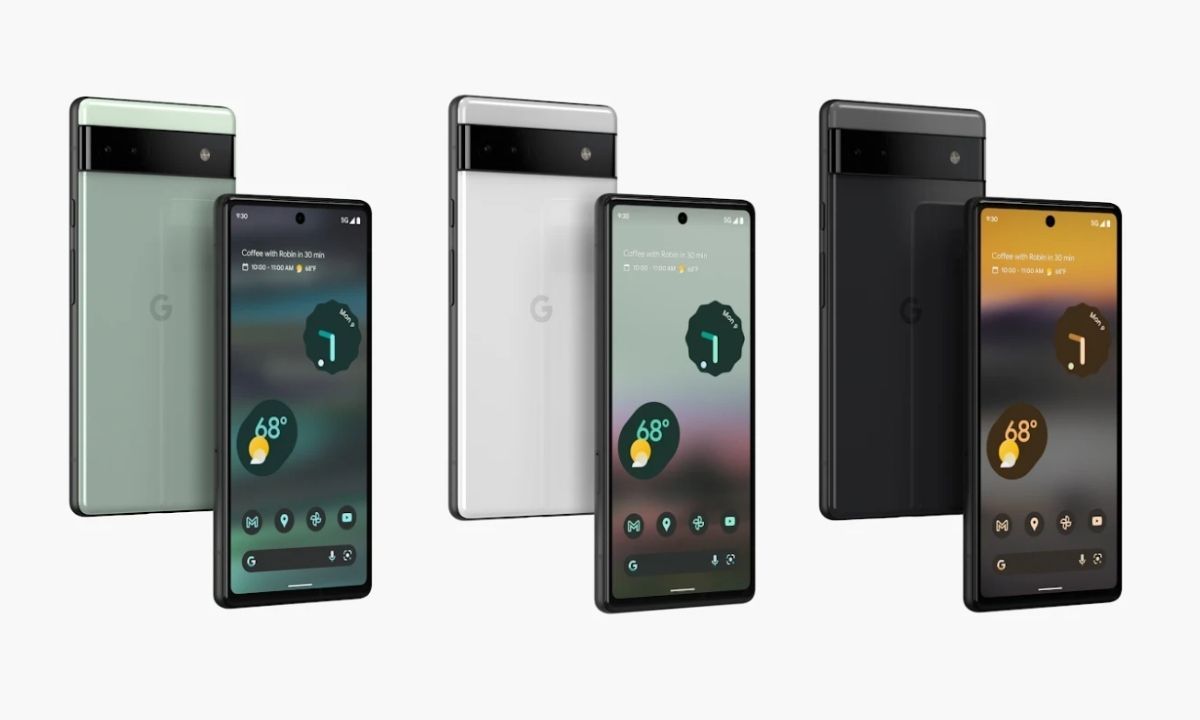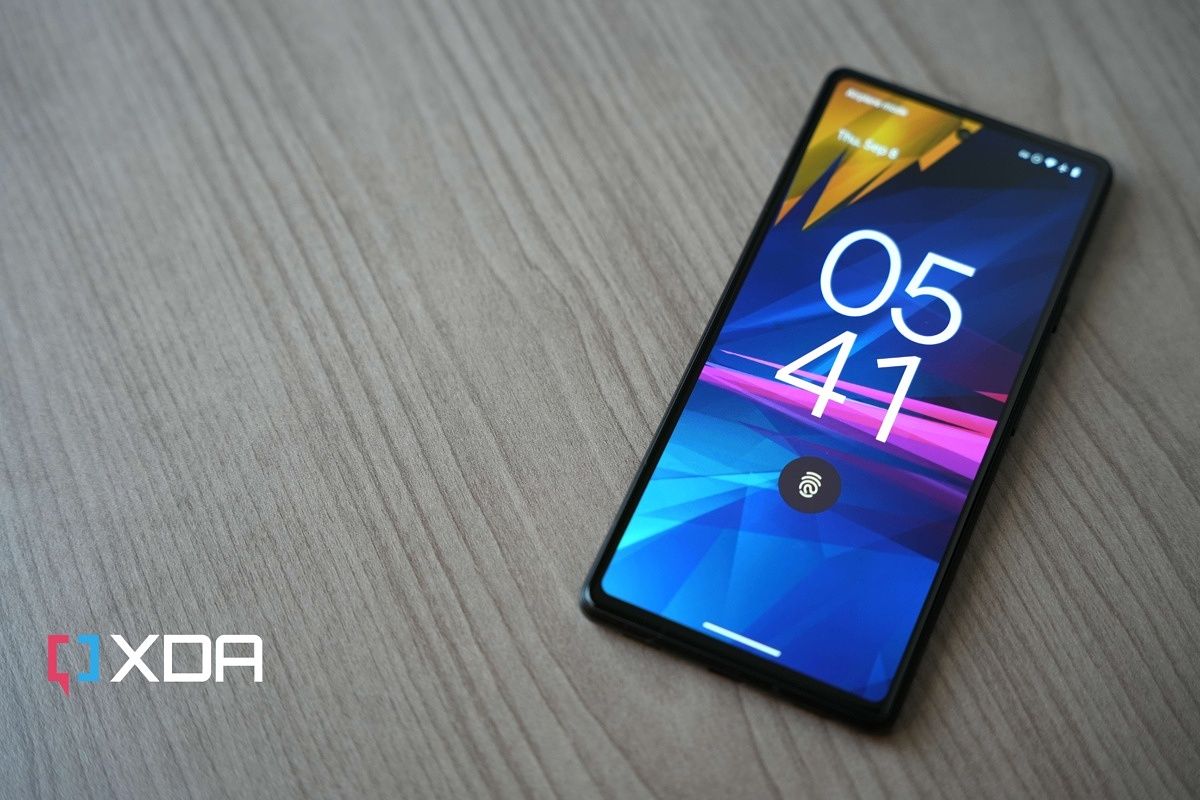With the release of its first Quarterly Platform Release for Android 13, Google introduced some notable fixes in QPR1 Beta 1. But perhaps the most important for Google Pixel 6a users are the improvements that were made to the fingerprint reader.
While we don't know how rampant the issues were, there were early reports of being able to unlock the Pixel 6a with an unregistered fingerprint. There were also numerous complaints online about inconsistencies when trying to unlock the device, where it would take numerous tries, and sometimes it wouldn't even work. Again, it's hard to tell just how many people experienced these kinds of issues. Still, regardless, Google must have known that these kinds of problems existed as it corrected the inconsistent fingerprint reader in the Pixel 6a with the QPR1 Beta 1 release. The fix is outlined in the beta release stating "fixed various issues that made it difficult for users to unlock their device or to set up Fingerprint Unlock."

Google Pixel 6a
The Google Pixel 6a is a great choice in the mid-range, especially with that flagship Tensor SoC and the signature Google Pixel experience. With this Beta update, Google has attempted to fix some of the inconsistencies with the fingerprint sensor too.
While I never experienced an unregistered fingerprint unlocking my Pixel 6a, and I can attest that sometimes the fingerprint reader was a bit inconsistent, but never to the point where it was alarming or I felt that it was broken. But, I can say that after the update, the fingerprint reader has vastly improved. The reader on the device can now recognize a fingerprint quickly and accurately. This even applies when purposely making it difficult to detect, like placing just the outer edge of a finger on the reader. Of course, just like before, experiences might vary, but personally, with this new update, things seem to have improved.
If curious, you can also download the new QPR1 Beta 1 release, but be warned, it is a beta, so there is a chance you might encounter an issue. If the device you plan to update is your daily smartphone, it might be better to wait for the release to arrive on a public build of Android 13. Although you can revert back to a stable version of Android, it will require you to delete everything from your device.
Source: Android Beta Program

